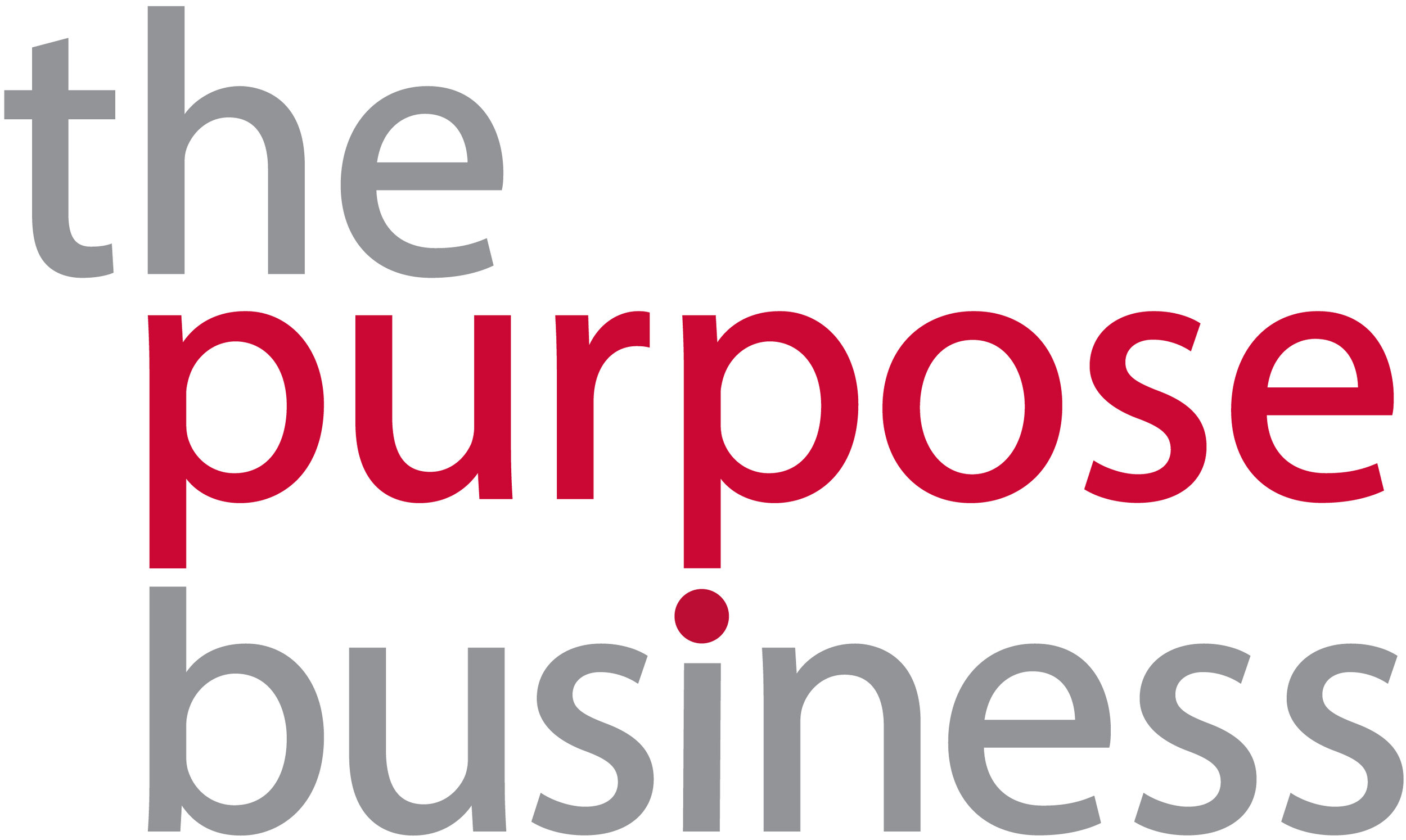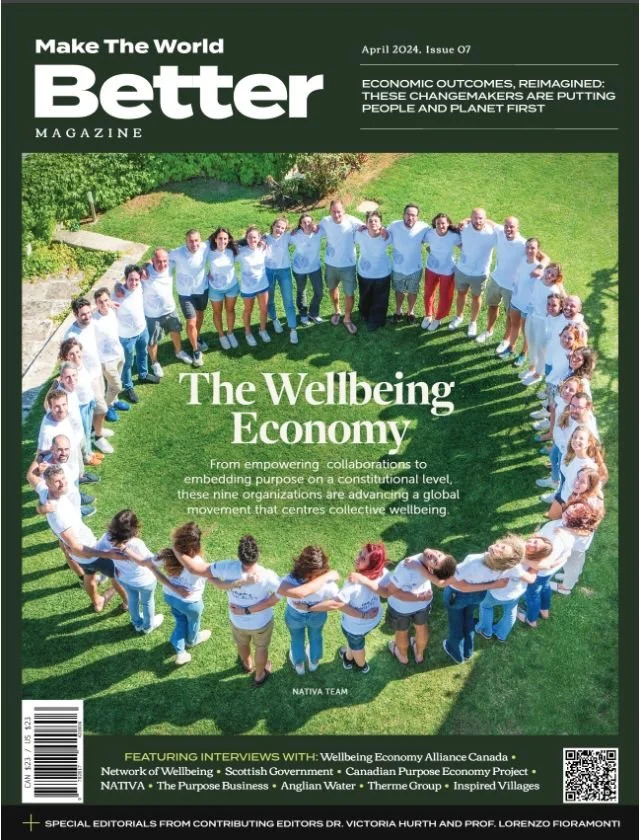ESG on Purpose: Why COVID is the opportunity for truly responsible employers
Rebecca Walker Chan writes on why employers need to be truly responsible now more than ever.
There can be no greater red flag waved for businesses in Hong Kong. With consumer spending plummeting, months of social movements and an increase in both unemployment and uncertainty, there has never been a more critical time for employers to repivot and potentially re-define their business. In these unique and extraordinary times, the hope is that they will act as truly responsible employers when they do so, in order to future-proof their operations.
According to a recent McKinsey report, the economic impact of the global coronavirus could entail a “40 to 50% drop in discretionary spending, (that) translates to a roughly 10% reduction in GDP... not only unprecedented in modern history, historically almost unimaginable - until now.”
Paul Polman, the Co-Founder and Chair of Imagine, knows this more that most and highlighted in a piece for the World Economic Forum that ”business leaders who back moral statements with practical action will stand out.” He's absolutely right and his sentiment reflects conversations that we have been having for years with business leaders about walking the talk of their public statements when it comes to ‘valuing their employees’ and ‘taking care of their teams.’
As we now slowly start to venture out from our homes again, it is the perfect opportunity for local companies to put aside the usual rules of business and start taking exceptional steps to transition to a post-COVID world. Polman goes on to point out that responsible companies should do whatever they can to “protect their people, meaning employees, customers and supply chains. Promoting health and safety is priority number one; next is trying to mitigate the financial impact, especially for staff on precarious contracts.”
To understand the sentiment among local companies seeking to embrace this thinking, The Purpose Business reached out to a human resources specialist and asked what types of concerns she is hearing about, such as how to respond faster to the new government mandates while also supporting employees. Renee Conklin, Founder of RC HR Consulting shared that local businesses can step up and show they truly care for their employees:
“A good place to start is by providing support for stress and anxiety. If you already have an employee assistance program, remind employees through email blasts or via insurance providers about options like counselling sessions, workshops, etc. Encouraging the use of resources that already might exist can be of help.”
The good news is that, according to their respective sustainability reporting, Hong Kong businesses have seen a steady increase in the past couple of years around the discussion and development of health and wellness programmes. Clearly the current crisis provides no better time to ramp up these efforts. Business stability relies on continuity, something which is difficult to achieve unless staff cannot feel safe at work. It is even harder to maintain if employees are disengaged or anxious about their job security.
Another topic in play is the varying level of success for businesses of working-from-home
While it is obviously not a viable option for everyone, if work-from-home procedures have been productive, it is worth considering keeping them for employees who have embraced them. Go above and beyond the basic work-from-home policies and start to offer more flexible working options. Keep in mind that many of your employees are parents or have dependents who may not yet be resuming their regular schedules. While some employees may jump at the chance to get back to the office, others would appreciate the flexibility – at least until schools open, bans are completely lifted, and we have consistent confirmation of no new cases.
Conklin also underlined the critical importance of communication: “when it comes to breaking bad news, whether it be cutting bonuses or layoffs, be sure to have a tiered communication system, such as sharing updates of what may be coming, hosting towns halls - just communicate, communicate, communicate. Should an employee be laid-off, offer creative support options to help them afterwards. This could be by facilitating access to the employee assistance programs for longer, giving access to HR resources around professional development etc., anything to help them weather this storm more easily.”
It is an approach that also shows how the company is making an honest effort to be a responsible employer, thereby preserving its reputation and potentially its bottom line.
There are many more ways to engage employees and be a responsible business and the World Business Council for Sustainable Development has created a webpage sharing what their own member companies are doing and also recognising others who are taking similar actions without making them public.
It is clear that how companies respond to crises will be more closely than ever linked to risk assessments.
So when the World Economic Forum keeps saying that environmental or pandemic risks are likely, or may have a large impact, we should take serious note.
As to future-proofing your business, one fundamental aspect is to be prepared with business continuity plans that are grounded in experience and regularly run through. This means that when the unexpected or unthinkable happens, companies have a viable playbook on how to react. The result, according to Mike Barry of A Blueprint for Better Business is to help “convert the management-speak of ‘purpose’ into action that contributes towards building a more resilient, equal and healthy society on the other side of the pandemic.” It's an outcome that all of us - employers and employees alike - agree can only be a good thing, on all sides.




